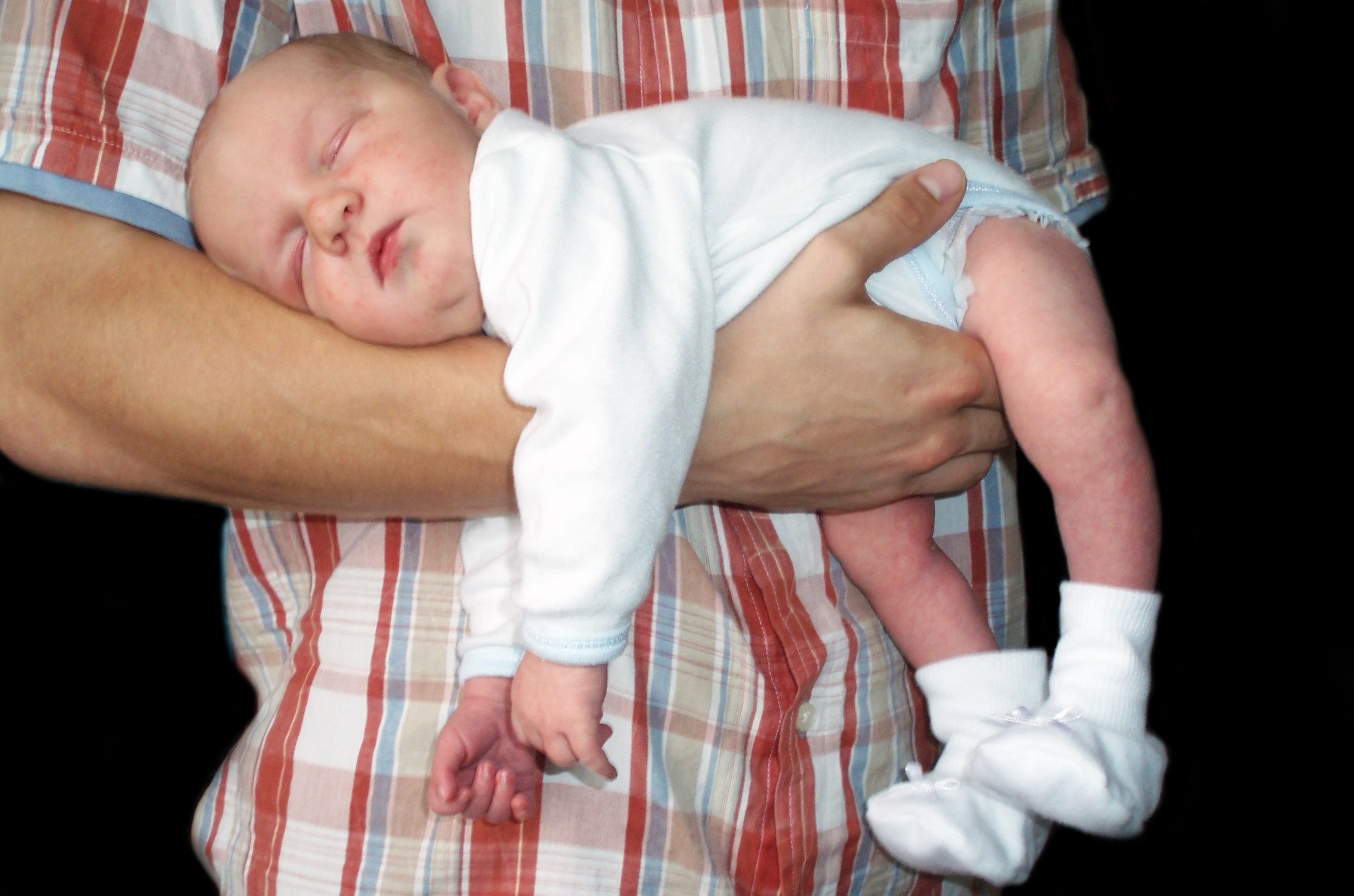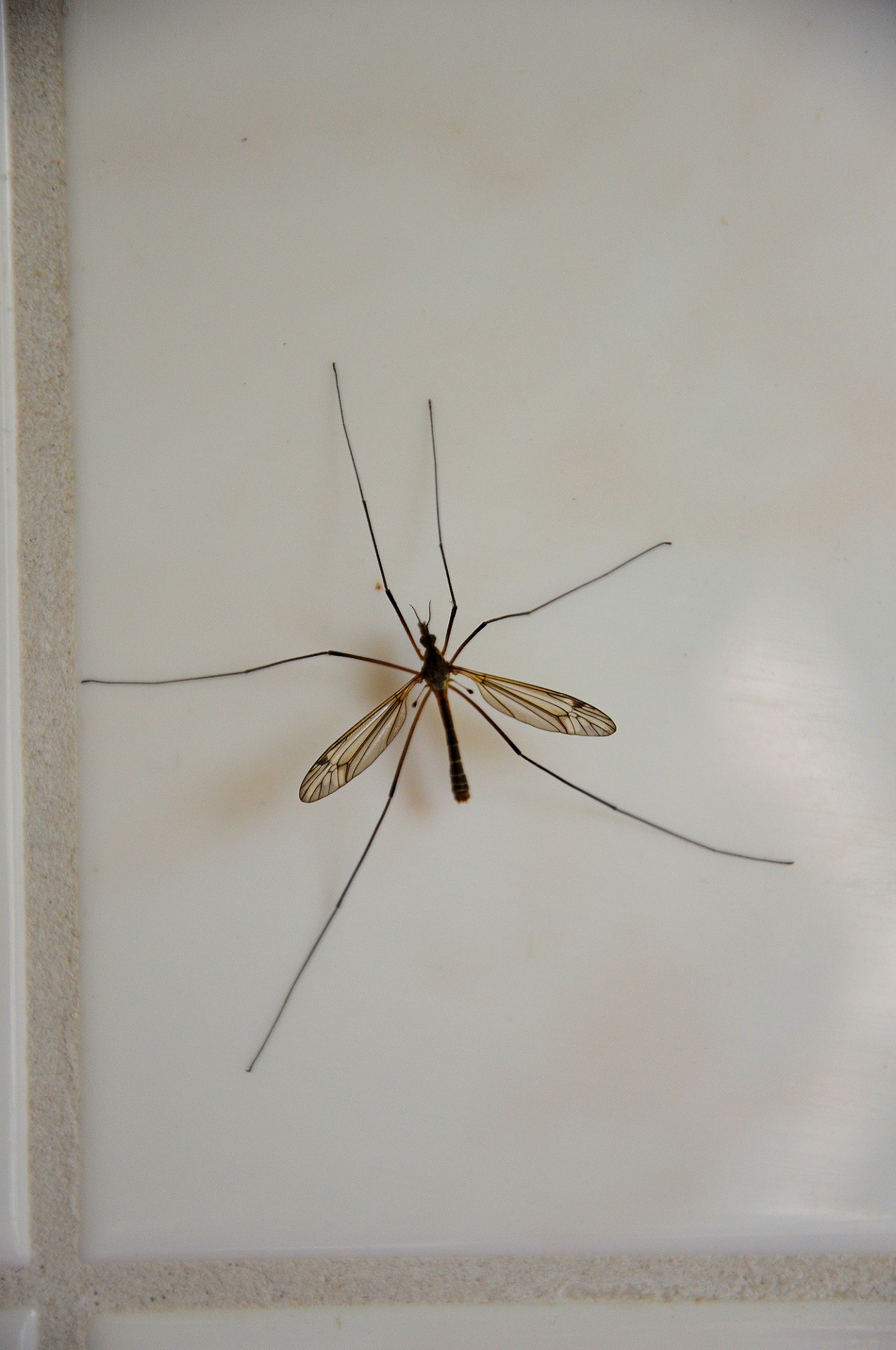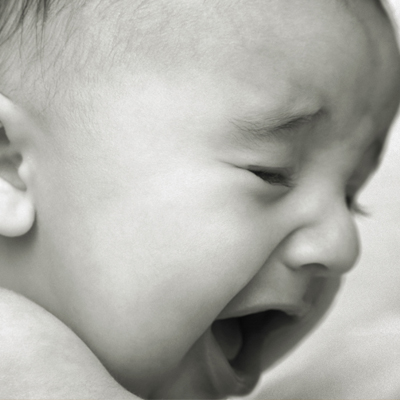Family Care
The reason for hoarseness in children
Why do some children when speaking will have hoarseness in their voice, is it congenital or acquired reasons? The following may be the answer!
According to ENT specialist, congenital hoarseness is not common, normally and mostly is caused by acquired factors. The major reason for hoarseness is when the child is at 1 or 2 years of age and they started to talk, often they will use loud noise like shouting, improper use of sound, and even long-term abuse of pronunciation, these reason will result in hoarseness in their voice. As an infant under the age of 1 their requirement is relatively simple, they will only cry to express their needs, such as hunger, wet diapers, sleepy or need a hug, as long as the parents meet their needs the baby will not cry, not like more grown up child, they might have used voice abuse.
As for the congenital condition, meaning when the pregnant mother is giving birth, the doctor aid in pulling out the fetus need can have the chance to strain the nerves of the neck, and even affect the brain nerve, produce a series of problems, such as those affecting voice, and even vocal cord paralysis, on the other hand, if the pregnant woman during pregnancy has been affected by human papillomatosis infection, the virus will be transmitted by the mother to the fetus, causing the baby's vocal cords with raw papilloma, the impact can cause breathing conditions. The symptoms for hoarseness in children are very obvious, if caused by excessive voice or sore throat caused voice hoarse, these will usually recover very soon. However, if the situation continues over a month with no improvement, a medical examination will be needed.
Reasons for Hoarseness:
1. Abuse of voice: children overuse voice, such as crying or shouting out very loud, talking for a long period of time, or shouting from a far distance can lead to hoarseness;
2. Improper use of sound: children misuse their voice, such as talking too fast or too harsh, the tone is too high or too low, etc., will cause the throat and vocal fatigue, speed up the sign of hoarseness;
3. Speaking posture incorrect: head slant sideway, or speak without consciously tighten the neck muscles can lead to damage to the throat muscles and the vocal cords;
4. Throat inflammation: capillary congestion and swelling in the vocal cords, or throat inflammation can cause hoarseness;
5. Noisy living environment: the living environment is very noisy around, or the television is often too loud, it is easy to develop the habit of talking loudly, over time, will also affect the voice;
6. Vocal cord form callus: When the children enrolled in school, when they are involve in much group activities, this will lead to screaming and shouting, the vocal cords will be easier to have callus;
7. Puberty: in adolescence, due to hormonal and physiological changes, there will be chances of hoarseness.
How to avoid children from screaming and shouting?
1. When the child is having tantrums, try to find other things to divert their attention, first to stop them from crying out loud, or when the child is having a good mood, consultation with them with a reward, let them know crying out loud will hurt their voice ;
2. can create an enabling environment, to avoid the child from overuse their voice
3. can invite the child to speak more closely, rather than long-distance shouting;
4. introduce some body language or lip sync games to learn convey messages with different expression
|
|

















